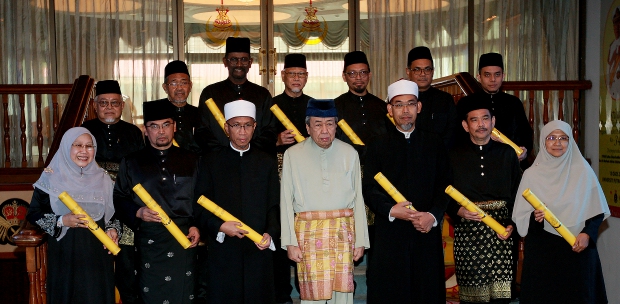SHAH ALAM: The Selangor Fatwa Committee will issue a fatwa on e-cigarettes and vape after a meeting early next year.
Selangor Mufti Datuk Mohd Tamyes Abdul Wahid when contacted today said the committee would also take into account feedback from the state government before making its decision.
"The Selangor Fatwa Committee will make its decision (on whether to declare e-cigarettes and vape as haram) in a meeting early next year after getting additional information from Selangor state government sources.
"Regardless, the people of Selangor must be made aware of vape's dangers to health and its harmful effects before any further action is implemented," said Tamyes who is also the state's fatwa committee chairman.
Last week, Menteri Besar Datuk Seri Mohamed Azmin Ali said Selangor would organise a workshop on vaping early next year and listen to views from health professionals and youths before deliberating on whether to ban vaping in the state.
On Monday night, the National Fatwa Council decided that e-cigarettes and vape are haram (forbidden) for Muslims.
Its chairman, Emeritus Professor Tan Sri Dr Abdul Shukor Husin, announced this after chairing a meeting for more than two hours.
The decision was reached after those at the meeting scrutinised studies from the syariah and medical science aspects, as well as from the viewpoints of wastage and unhealthy culture.
The committee found that from the syariah aspect, it is detrimental to health and Islam forbids its followers from using things that can harm them directly or indirectly; immediately or gradually that can lead to death, damage to the body, result in dangerous illnesses, or degrade mental faculties.
E-cigarettes and vape have also been found to have the element of wastage as smokers spend money on things that are harmful and non-beneficial.
Shukor also said the decision was also made from the aspect of public interest and to prevent an unhealthy culture from spreading as women and schoolchildren were showing interest in vape.
He urged states that had yet to issue a fatwa on e-cigarettes and vape to use the National Fatwa Council's decision as a reference.





